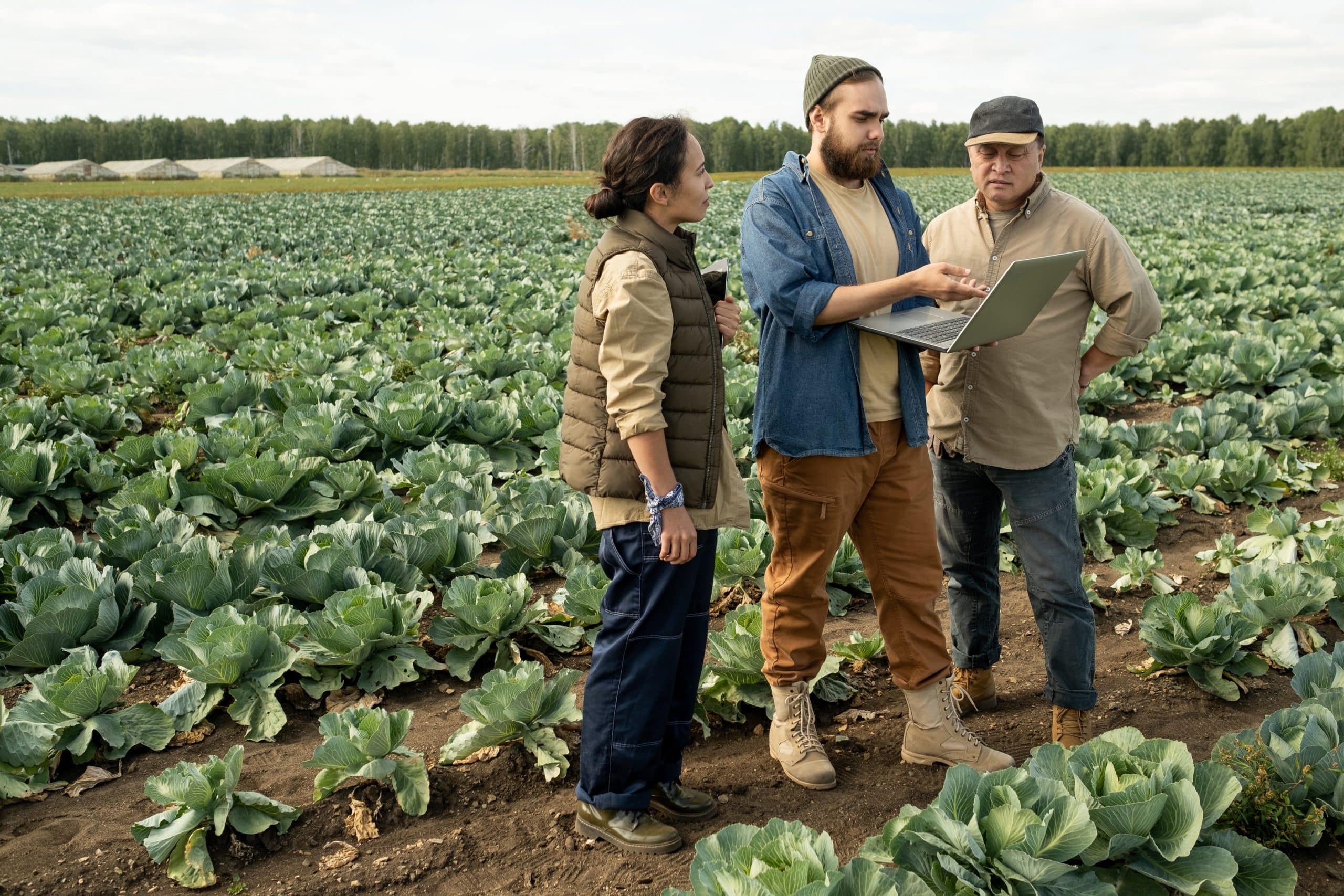How to Cultivate a Community Orchard in UK Urban Neighbourhoods?

Urban spaces in the UK often lack the green lushness of forests and orchards, and the serenity they promise. However, a solution exists: community orchards. A community orchard is a project where a group of people get together to plant and cultivate fruit trees in an open urban space. This community-led initiative not only injects a fraction of nature into the concrete jungle but also serves as a source of local, sustainable food. This article aims to guide you on how to develop your community orchard right in your urban neighbourhood of the UK.
Starting a Community Orchard
Starting a community orchard project is a fantastic way to bring together the local community while contributing to a greener, healthier environment. By planting your trees, you also provide a sustainable source of fresh food that’s locally sourced.
Sujet a lire : What’s the Role of Nanotechnology in Advancing UK’s Textile Industry?
First, identify a suitable piece of land. This could be a derelict site, a part of an existing park, or a school playing field. Get permission from the landowner or the local council to use the site for your project.
Next, gather a group of interested people. This could be your neighbours, local school teachers, or members of a youth club. Everyone is welcome, and the more hands you have, the easier it will be to manage the project. Engage the community through meetings and social media to explain the project objectives and how they stand to benefit.
A découvrir également : How to Plan for an Eco-Friendly Renovation of a UK Historic Home?
Importantly, you must develop a clear structure for the project. Assign roles and responsibilities to your team members. This will help the project run smoothly and ensure all tasks are completed in a timely manner.
Selecting and Planting the Right Fruit Trees
After you have an operational structure and team in place, it’s time to decide on the types of fruit trees you want to plant. Do some research and assess which fruit trees are most likely to thrive in your local climate. Some hardy fruit tree species that thrive well in most parts of the UK include apple, pear, plum, and cherry trees.
When it comes to planting, ensure that you plant trees at the correct depth and spacing. This is crucial for their survival and growth. A good rule of thumb is to plant the tree so that the point where the roots flare out is just below the ground level. Spacing should be around 3 to 5 meters apart for most fruit trees.
Remember, fruit trees will take several years to mature and bear fruit. Therefore, patience is key.
Maintaining the Orchard
Maintaining an orchard requires regular watering, pruning, and pest management. The community members involved in the project should take turns tending to the orchard.
Regular watering is particularly important in the first few years after planting. The trees will need a good watering at least once a week, more in hot, dry weather.
Pruning helps to maintain the shape and size of the tree, encourages better fruit production, and helps to control diseases. The best time to prune fruit trees is in late winter or early spring when the tree is dormant.
Pest control is another significant aspect of orchard maintenance. Use organic methods to control pests, such as introducing beneficial insects, using organic sprays, or planting pest-repelling plants.
Building Community Connection Through the Orchard
One of the greatest benefits of a community orchard is the sense of community it cultivates. It’s not just about growing trees and producing food, but also about creating a space where community members can connect, have fun, and learn.
Organize regular events like tree-planting days, pruning workshops, or harvest festivals. These events will engage the community and help to build relationships among the members. You can also partner with local schools to provide educational opportunities for children, teaching them about nature, food production, and environmental responsibility.
How Community Orchards Impact Climate and Urban Sustainability
Community orchards can play a significant role in improving the urban environment and combating climate change. The trees in your orchard will absorb CO2, reducing greenhouse gas emissions in the urban atmosphere.
Additionally, by creating a source of local food, community orchards reduce the need for the transportation of fruit, thus cutting down on associated carbon emissions. They also encourage a culture of eating seasonal and local fruit, reducing reliance on imported food.
In conclusion, community orchards are a viable and beneficial initiative for urban neighbourhoods in the UK. They not only provide a source of fresh, local fruit but also create a sense of community and contribute to urban sustainability and climate change mitigation.
Managing Challenges and Encouraging Community Participation
Running a community orchard isn’t without its challenges. The success of an orchard project heavily depends on consistent community participation, funding, and overcoming various obstacles that can arise along the way.
Engaging the community is of utmost importance. Provide clear communication channels for members to discuss the project, contribute ideas, and voice any issues. Encourage involvement through a variety of roles, from hands-on gardening to administrative tasks. This allows everyone to contribute in a way they are comfortable with, enhancing the sense of community ownership over the orchard.
Funding can be a hurdle, especially in the initial stages of the project. Seek support from local businesses, apply for grants, or organize fundraising events to cover costs for tree purchase, tools, and other resources needed. Do not underestimate the power of crowd funding and local donations, every little helps.
Unexpected challenges, such as severe weather, pest infestations, or diseases, can adversely affect the health of your fruit trees. It’s important to have a plan in place to tackle these issues. Maintain regular health checks on your trees and take preventative measures to protect them from potential threats.
The Orchard Movement: What It Means for Urban Food Security and Nature Based Solutions
The community orchard movement in the United Kingdom and North America has seen a resurgence in recent years, transforming underutilized urban areas into thriving food forests.
These orchards serve as a model for sustainable urban food systems. They present an alternative to the traditional food system, which is often criticized for being environmentally unfriendly due to over-reliance on pesticides, fertilizers, and long-distance transportation.
Moreover, community orchards contribute to food security by providing access to fresh fruit in areas where it might otherwise be scarce or expensive. They also educate people on the importance of eating seasonally and locally, which can have a significant impact on reducing food waste and carbon emissions.
Additionally, the nature based solutions provided by community orchards and urban food forests improve biodiversity, soil health, water quality, and provide habitat for wildlife. By planting a variety of plant species, including different types of fruit trees and companion plants, we can create rich, diverse ecosystems right in our urban neighbourhoods.
Conclusion
Community orchards are much more than a source of fresh, locally-grown fruit. They are a platform to connect people, promote community-led initiatives and demonstrate that urban areas can contribute to food security and combat climate change. They embody the concept of nature based solutions, demonstrating how the power of plants and trees can be harnessed to address environmental challenges.
Through the collective efforts of local communities, these orchards can transform the urban landscape, bringing a slice of the countryside into the city. They are proof that with a little patience, dedication, and community spirit, we can cultivate not just fruit trees, but also a healthier, more sustainable future for our urban neighbourhoods. So why not start your community orchard today and join the urban orchard movement?
